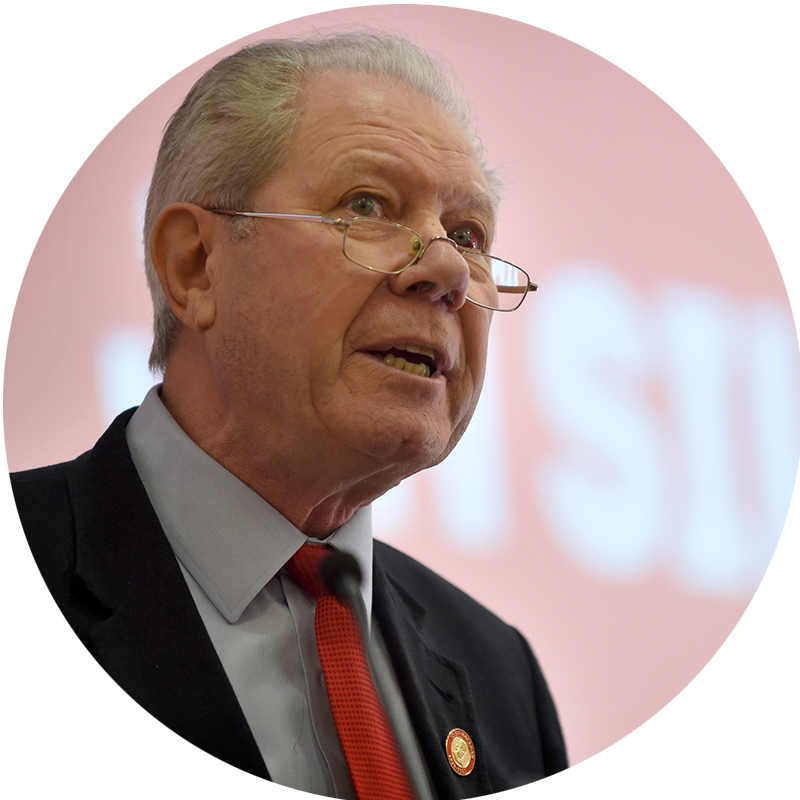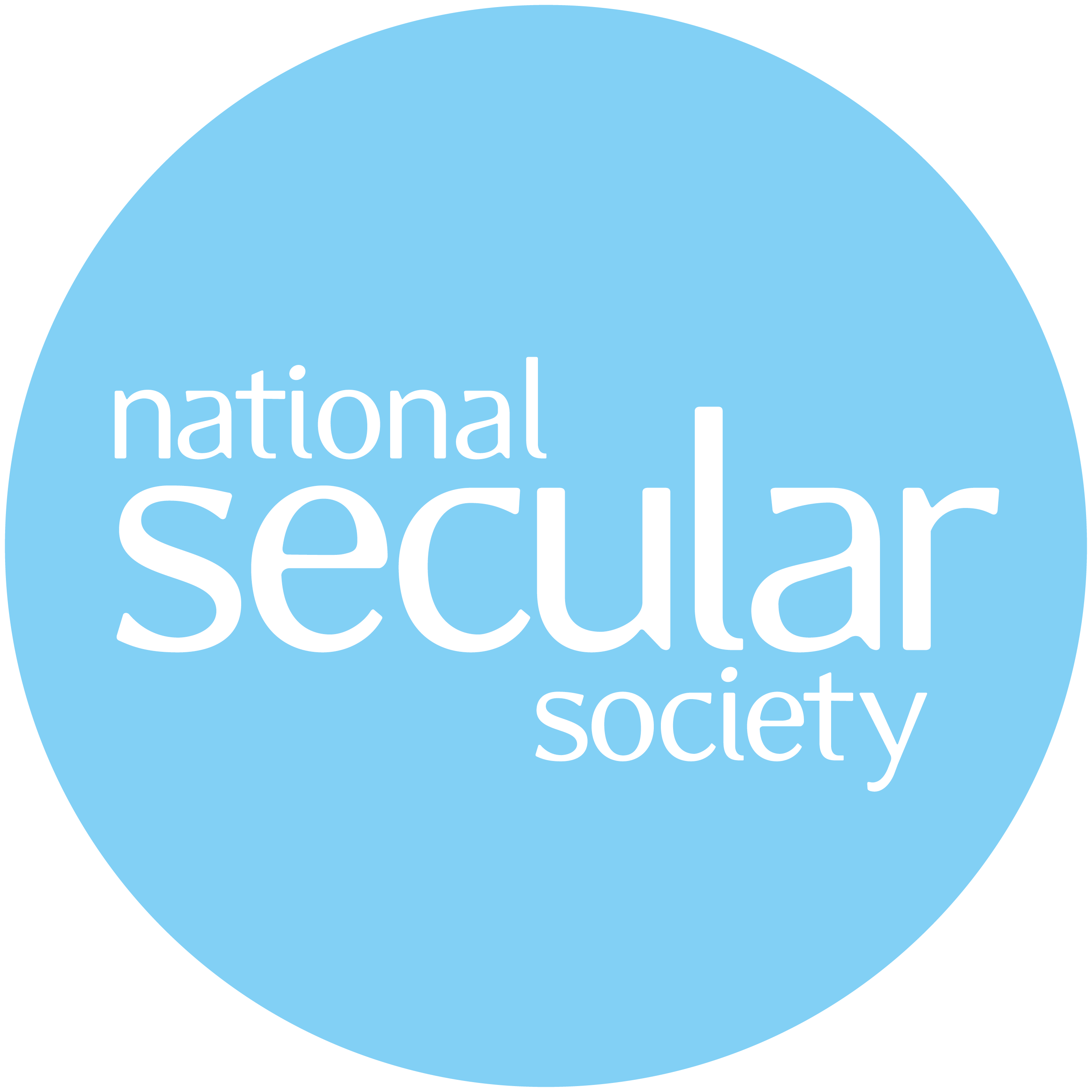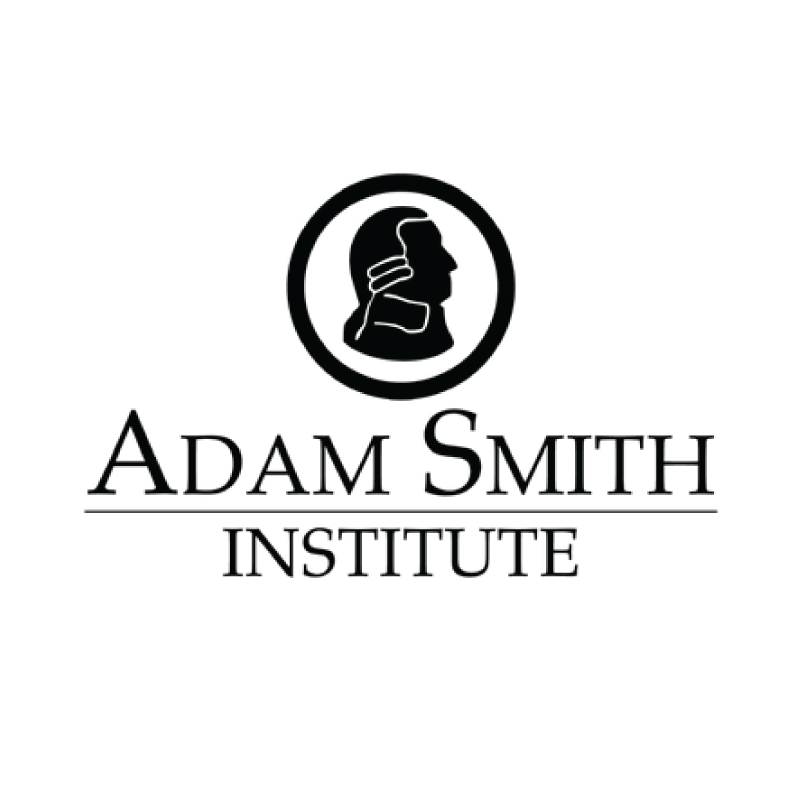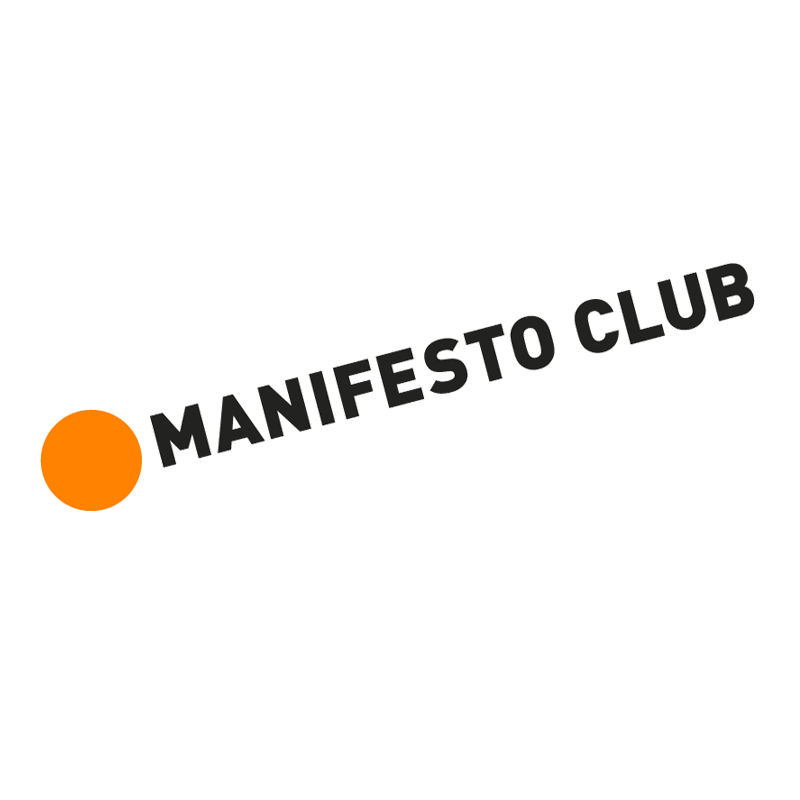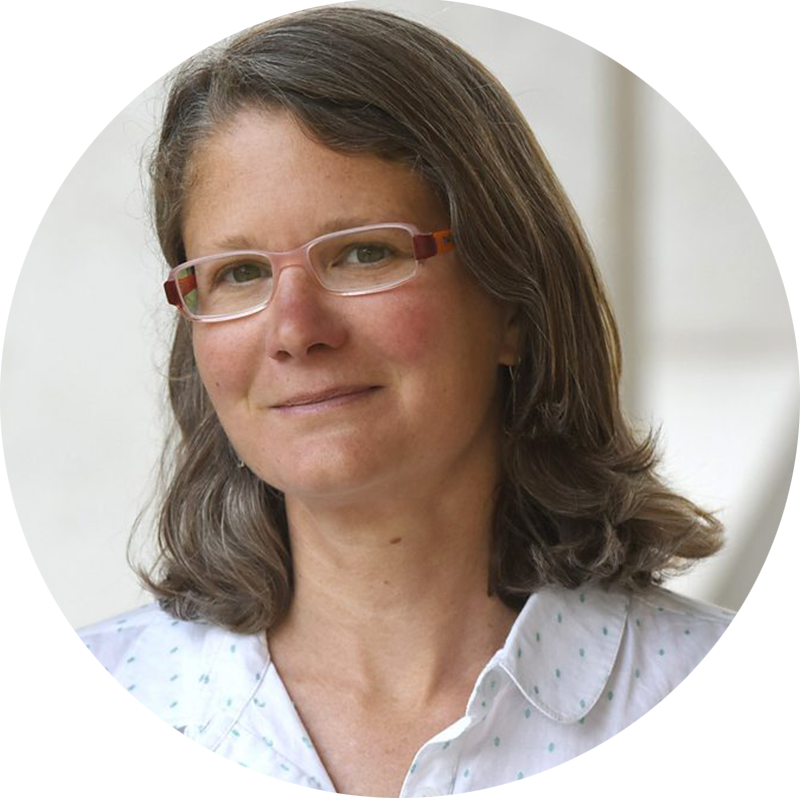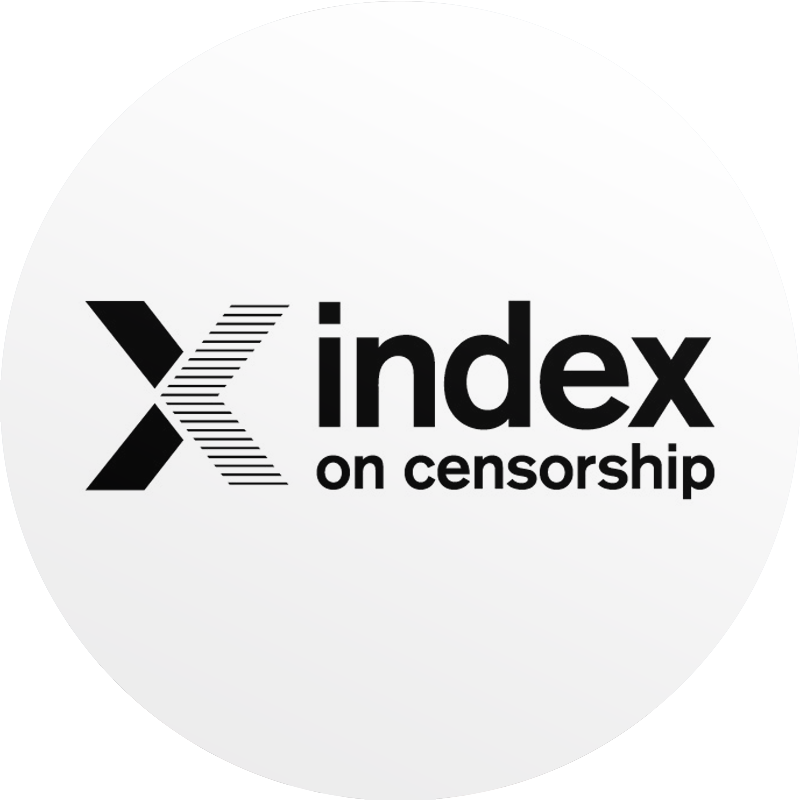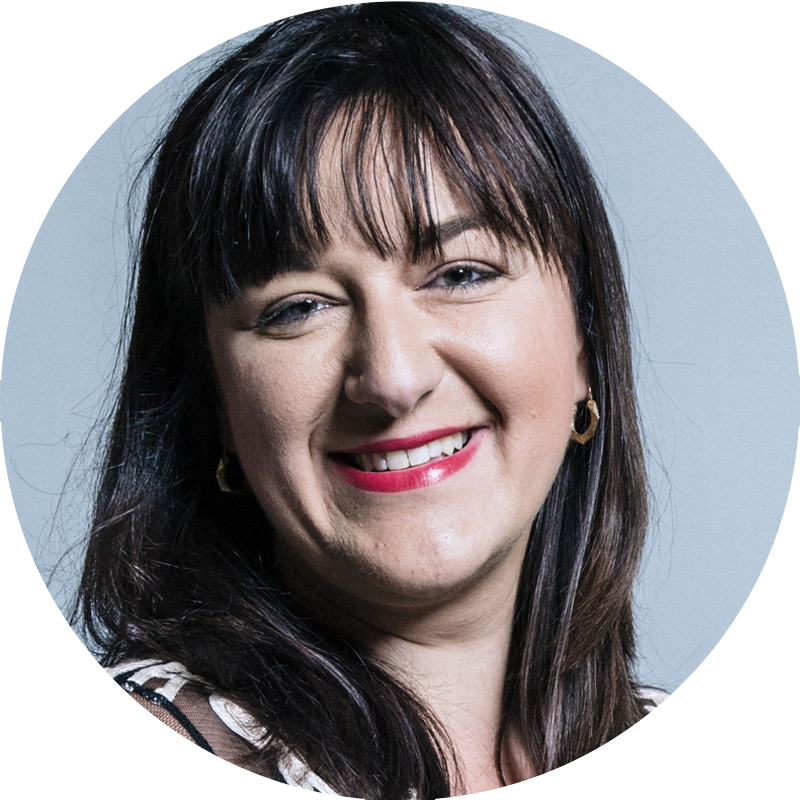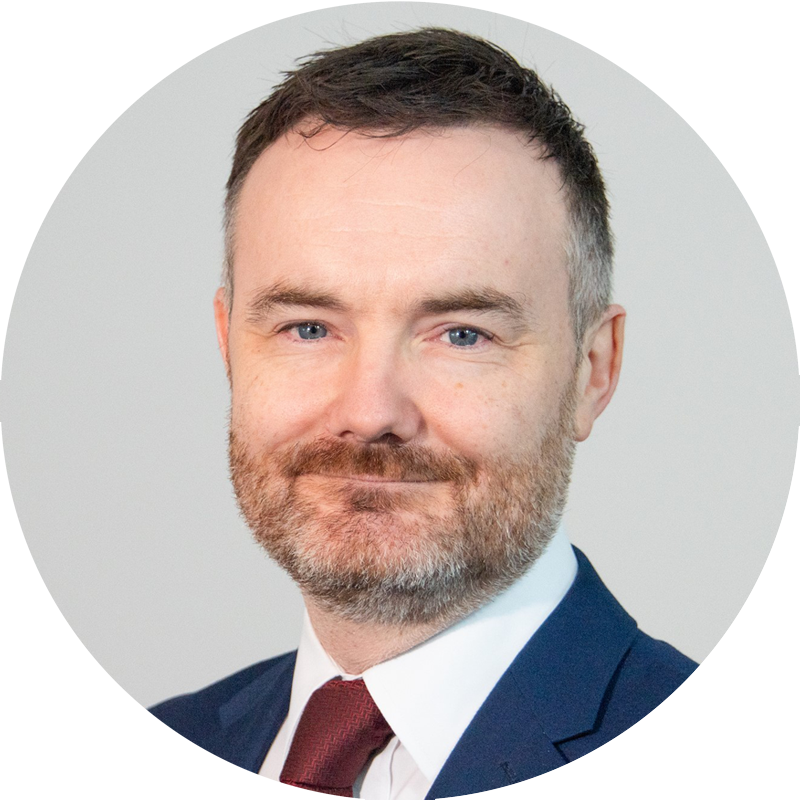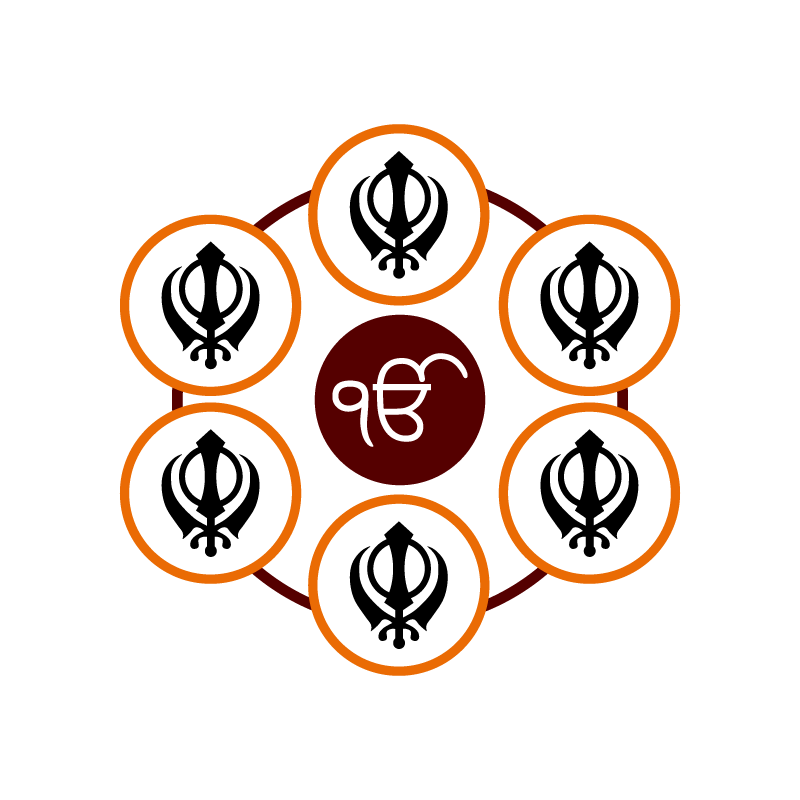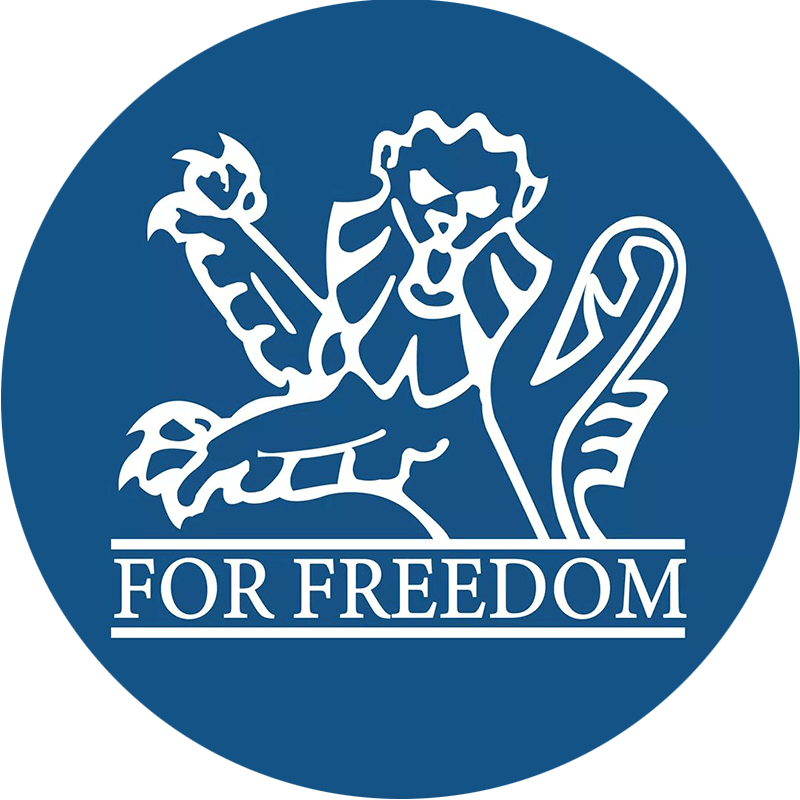About
The Scotland we know and love today is built on free speech.
It upholds our free press, our artistic and cultural institutions and our politics. It allows citizens from all walks of life to participate in the marketplace of ideas, helping society grow and flourish
Free speech is a vital right that should only be limited by the state when it has strong grounds for doing so. It must include the ability for citizens to discuss, criticise, and refute ideas, beliefs and practices in robust terms. This may result in some people being offended, but there is no right not to be offended.
This is Free to Disagree opposed the ‘stirring up hatred’ offences in the Scottish Government’s Hate Crime Bill – now the Hate Crime and Public Order (Scotland) Act.
As introduced, the offences were a colossal threat to freedom of speech and expression. They would have criminalised speech, writing and behaviour thought ‘likely’ to ‘stir up hate’ against certain groups.
The offences caused opprobrium in Scottish society, drawing criticism from lawyers, police officers, academics, religious groups, feminists, and the public at large. You can read a record of criticism from various groups here.
Alongside other critics, Free to Disagree won significant amendments to the offences before they were passed by Holyrood in 2021. These included the removal of vague provisions on ‘inflammatory material’ and theatre performances, raising the legal threshold for offending, and broadening free speech protections.
The Hate Crime Act received Royal Assent in March 2021. Free to Disagree continues to monitor implementation and we will raise awareness of any negative impact on freedom of speech and expression.

